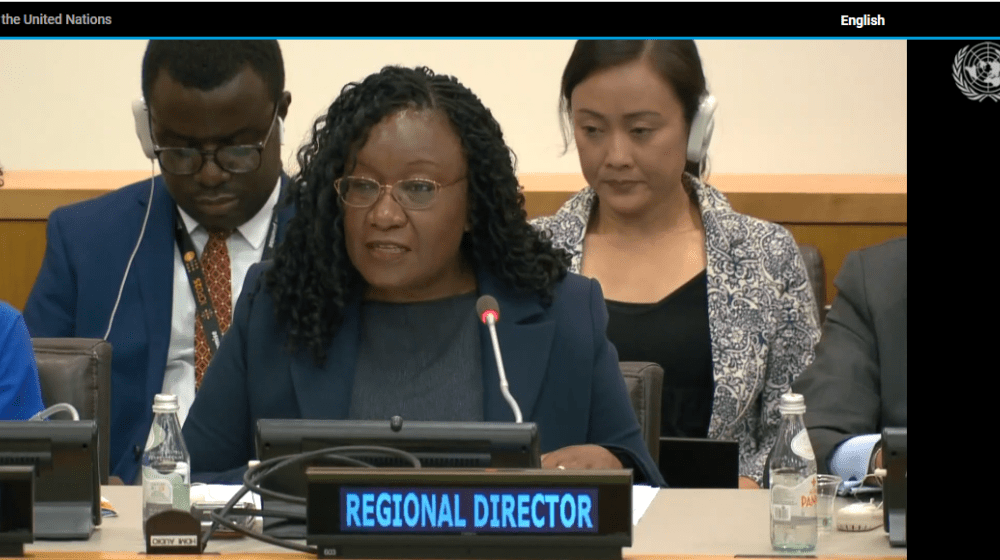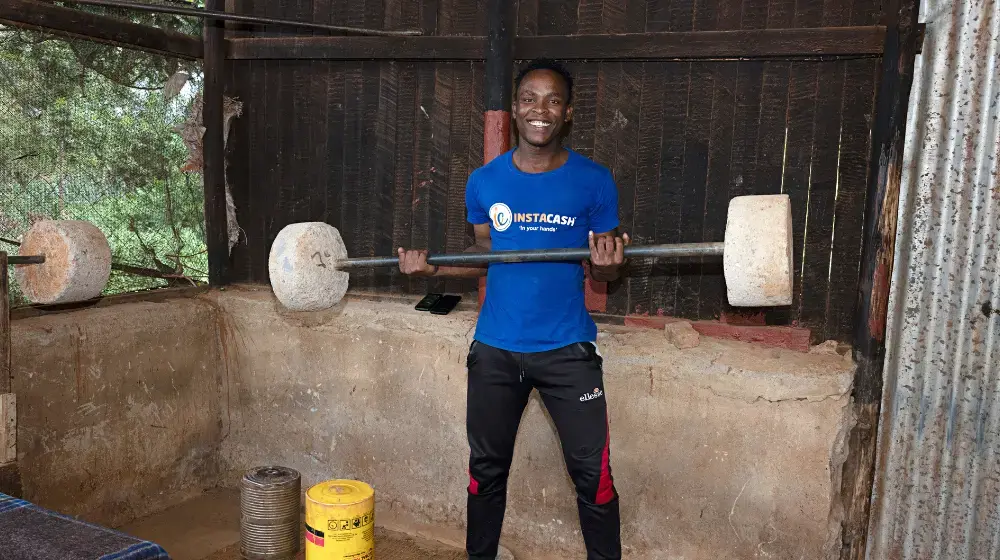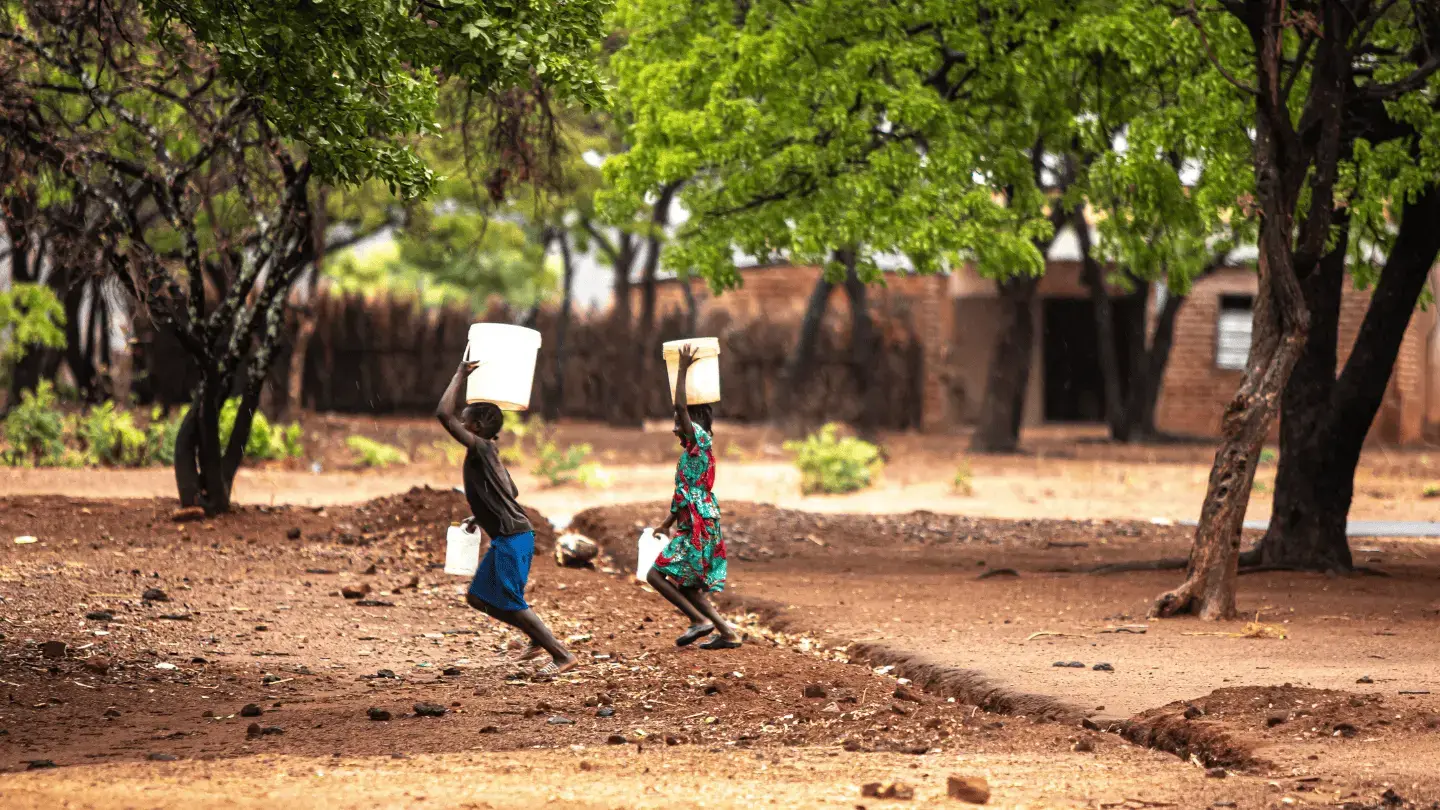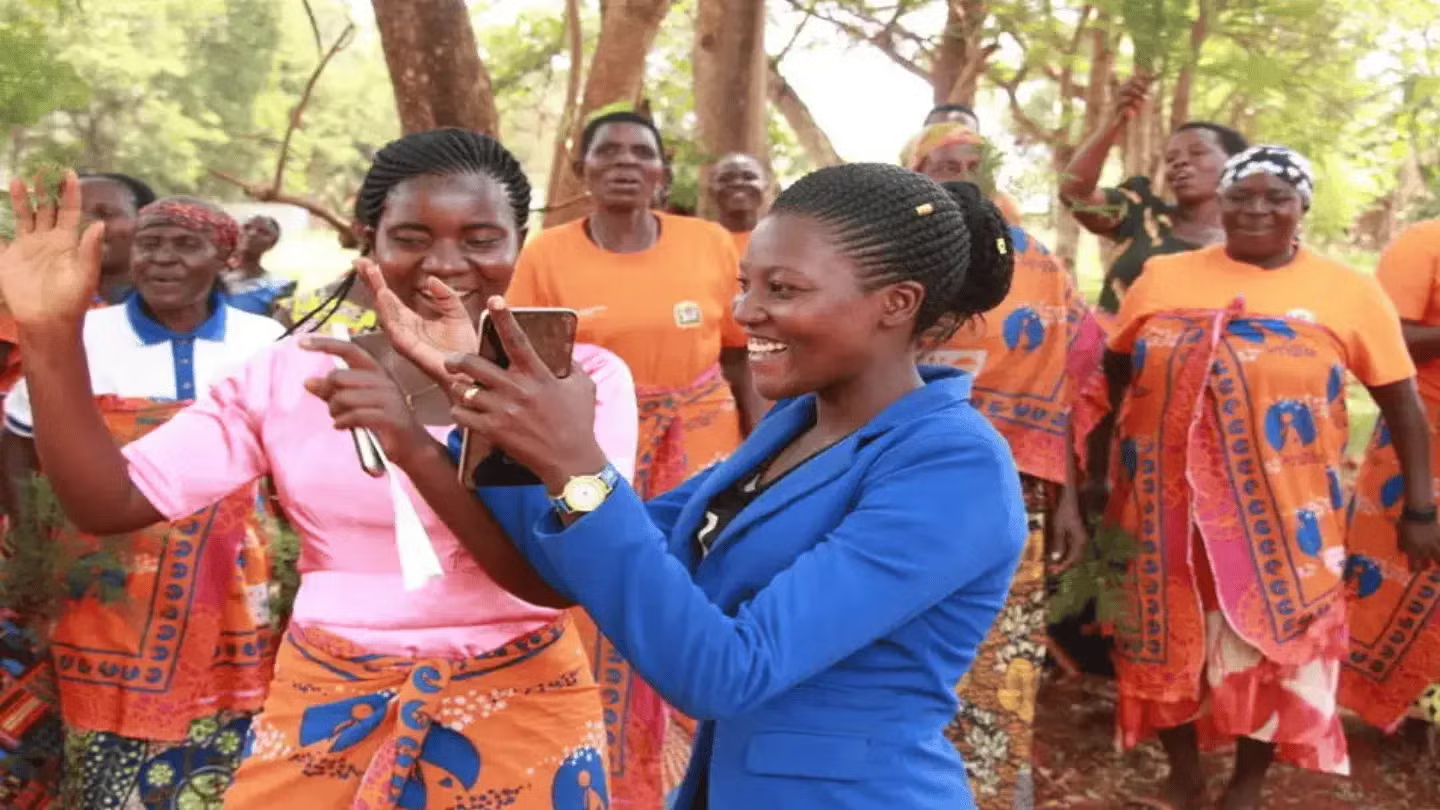With less than eight years to 2030, the year collectively set for achieving the Sustainable Development Goals and UNFPA’s commitment of zero unmet need for family planning, zero preventable maternal deaths and zero gender-based violence, the East and Southern Africa region is re-energised to deliver the transformative results. Building forward better from the COVID-19 pandemic has further amplified the urgency for accelerated actions across all countries in the region to ensure we meet these ambitious goals.
It is my pleasure to present for your consideration the country programmes for South Sudan and Zambia for the periods 2023–2025 and 2023-2027, respectively.
These two programmes build on the progress made in the last cycle and exemplify the country-specific differentiated programme approaches necessary to respond to the challenges curtailing the fulfilment of women and girls’ potential in the region, which are exacerbated by disease outbreaks, conflicts, climate-related and other humanitarian crises.
The adolescent birth rate in ESA of 92 births per 1000 girls aged 15-19 years is more than twice the global average and underscores the high unmet need for family planning in the region. The average maternal mortality ratio is 392 deaths per 100,000 live births, with several countries, including South Sudan, having an elevated risk of maternal death as evidenced by maternal mortality ratios above 500 deaths.
A third of girls are married by age 18 in the region, contributing to the high HIV and GBV prevalence.
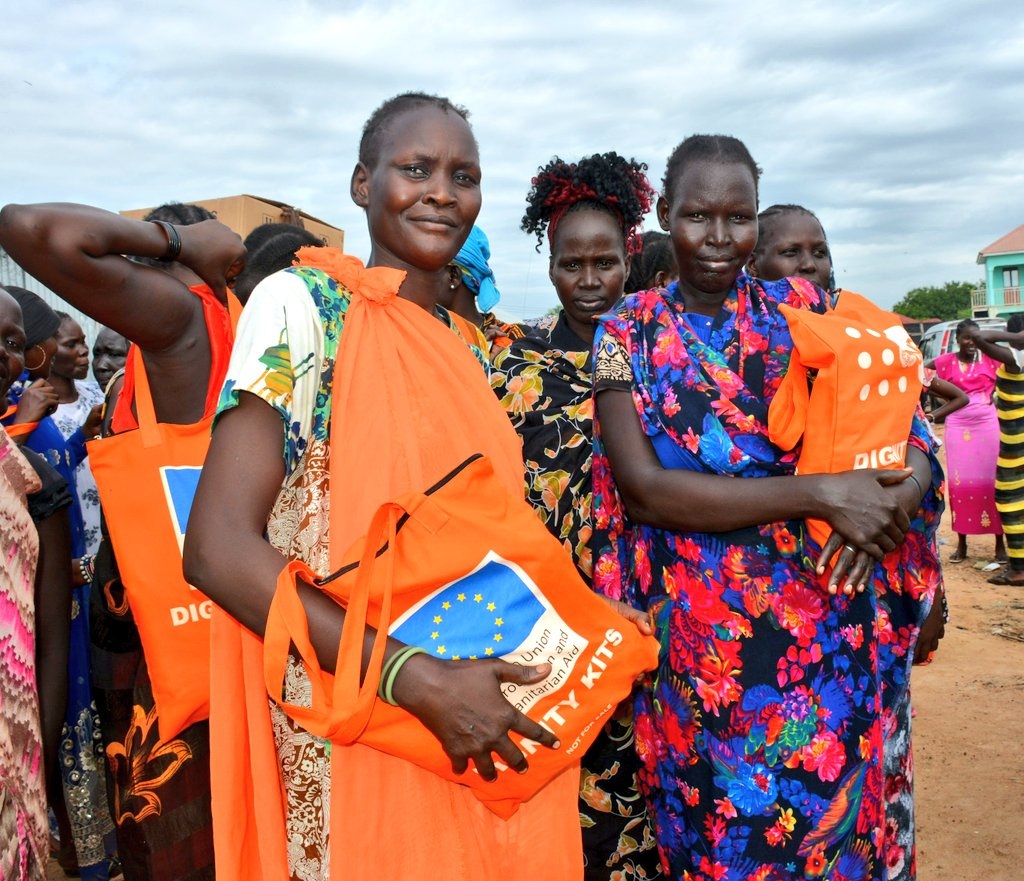
|
Both South Sudan and Zambia have developed strong programmes which were developed under the principle of national ownership and are are fully derived from UN Sustainable Development Cooperation Frameworks that respond to national priorities. The countries have shown continued dedication to delivering on the voluntary ICPD25 commitments.
The two programmes will:
- Increase access to integrated Sexual and Reproductive Health information and services that reach the furthest behind first;
- Address discriminatory gender and social norms and strengthen the skills and opportunities of women and young people to enjoy full bodily autonomy across the humanitarian, development and peace continuum; and
- Strengthen data systems and evidence to inform inclusive policies and programmes.
At the regional level, UNFPA shall continue to provide tailored support to the countries in the region toward the realisation of the set targets. We have a strong arsenal of proven interventions and innovative solutions validated through agile practices and regional programmes such as the Safeguard Young People Programme, and Joint UN programmes of Spotlight Initiative and 2gether 4 SRHR, among others. We are also honing our resource mobilisation and partnerships efforts, targeting 5% of new income from the private sector.
I thank the Governments of South Sudan and Zambia, as well as donor countries, for your long-standing support of the ICPD agenda. Together we can realize our ambition of a just, equal and prosperous region where the health and wellbeing of its people, rights and choices are promoted and protected.

